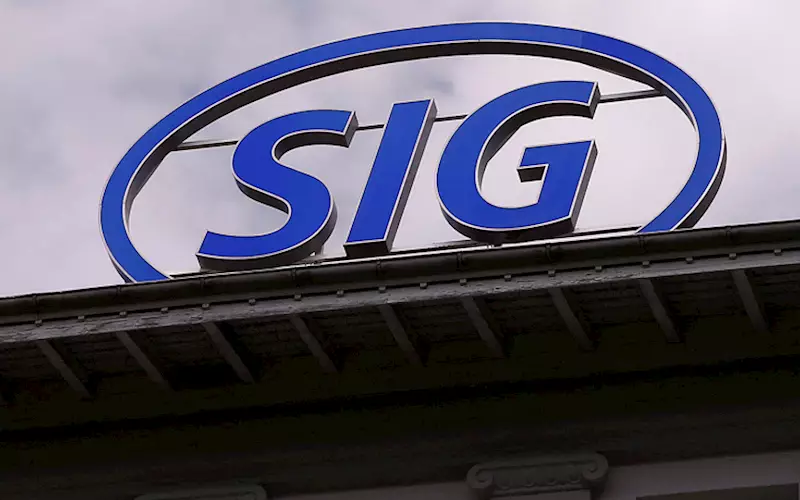SIG to acquire Scholle IPN to broaden leadership in sustainable packaging
SIG has entered into an agreement to acquire 100% of Scholle IPN, a privately held company, for an enterprise value of euro 1.362-billion and an equity value of euro 1.05 billion. The transaction will be funded through 33.75 million SIG shares issued from existing authorised capital and euro 370-million cash; the existing debt of Scholle IPN will be refinanced at closing. The transaction is expected to close before the end of the third quarter of 2022 subject to customary closing conditions.
21 Feb 2022 | By Rahul Kumar
This acquisition diversifies SIG’s exposure to growing and resilient end-markets. SIG’s portfolio of market-leading sustainable food and beverage carton solutions will be expanded into bag-in-box and spouted pouches for retail, institutional and industrial customers. SIG and Scholle IPN have many similarities and are highly complementary businesses in terms of systems and product offering. The combination will unlock significant growth opportunities and value.
Founded in 1945, Scholle is a leading innovator in sustainable packaging with a systems offering. It is the inventor of and global leader in bag-in-box (2-l to 1,500-l capacity) and the number two in spouted pouches (50-ml to 500-ml capacity). The acquisition will therefore expand SIG’s portfolio into both larger and smaller formats.
Scholle IPN is headquartered in the USA and has approximately 2,100 employees globally. Revenue in the twelve months to 31 December 2021 was euro 474-million with adjusted EBITDA of euro 90 million (adjusted EBITDA margin c.19%)3. The USA accounts for around 55% of revenue and the acquisition will significantly increase SIG’s presence in this large and attractive market. It will also enable the expansion of the Scholle IPN portfolio into the emerging markets of Asia Pacific, Latin America and Middle East Africa, where SIG has a well-established presence.
With this acquisition, SIG will be able to offer the most sustainable packaging solutions across a wide range of categories and product sizes. Growth in bag-in-box is being driven by the shift from rigid to flexible packaging which significantly reduces the amount of material needed to package the product. Scholle has a longstanding focus on sustainability and on the light-weighting of both packaging and fitments. It is a pioneer in the development of mono-materials, which are designed for recycling. Joining together the R&D capabilities of the two companies will deliver more value to customers by advancing the development of material and aseptic technology to reduce carbon emissions and food waste.
Around 70% of Scholle IPN revenues are in food and beverages which will underpin the resilience already demonstrated by SIG’s business. The acquisition will enable SIG to build on its core strength in aseptic technology and to expand its use in both pouches and bag-in-box. It will also drive SIG’s expansion into new categories such as wine and water.
Samuel Sigrist, CEO of SIG, said: “The acquisition of Scholle cements SIG’s position as a global leader in innovative and sustainable packaging for food and beverages. It is consistent with our strategy of geographic and category expansion accompanied by share gains in key markets. By delivering clear benefits for customers, consumers, and the environment, we will drive value for shareholders.”
Laurens Last, chairman and owner of Scholle IPN, said: “This combination is compelling for our customers, who will benefit from our capabilities and expertise in the liquid packaging industry. I am excited about the future of the combined business, and I look forward to our joint innovation, with SIG further developing packaging substrates and solutions that are at the forefront of sustainability.”
Following the acquisition SIG will maintain mid-term revenue growth guidance of 4-6% per annum at constant exchange rates. The combined business (including Evergreen Asia) has scope for margin expansion and the adjusted EBITDA margin is expected to rise above 27% in the mid-term.











 See All
See All